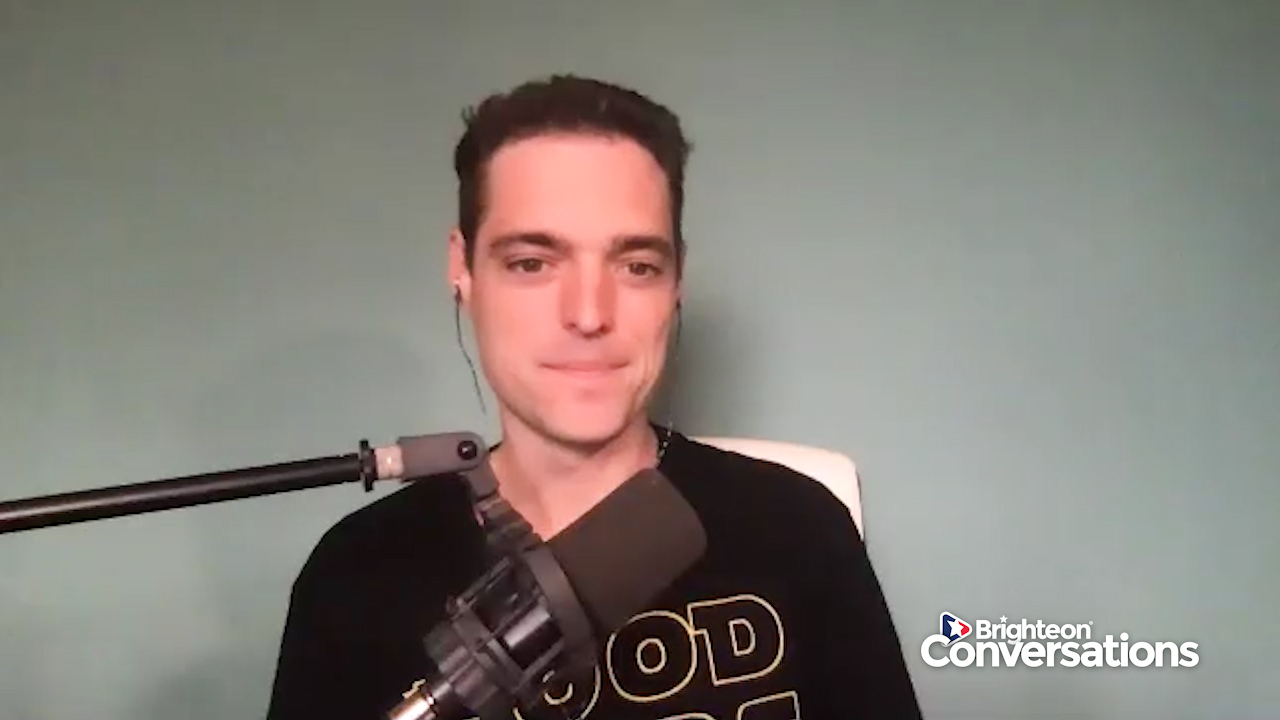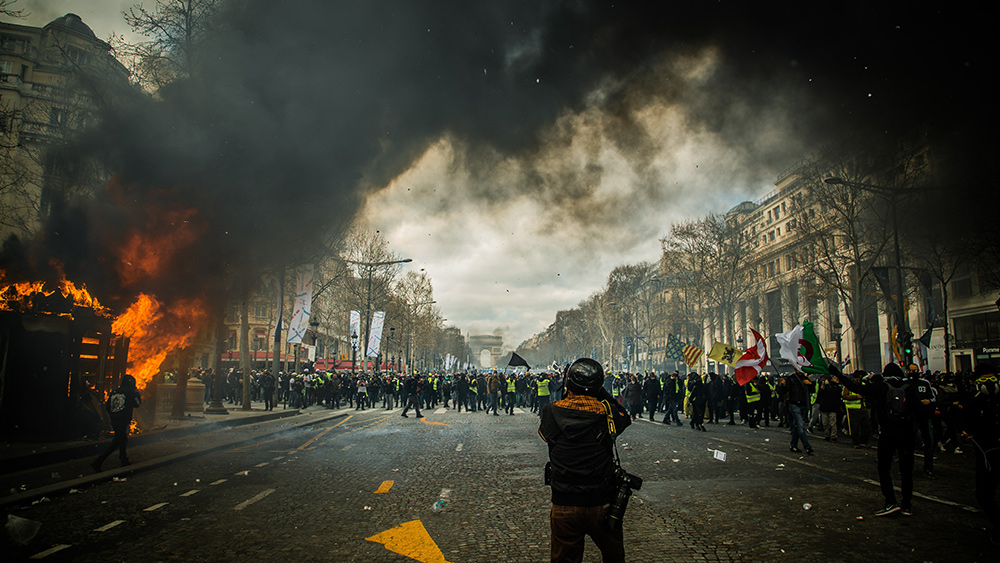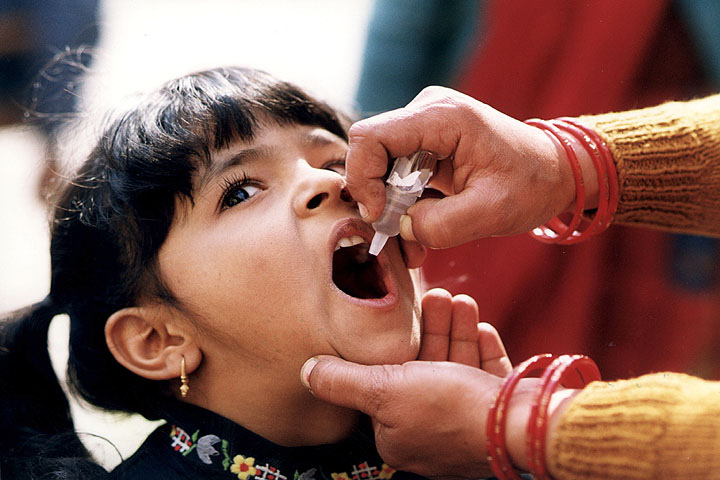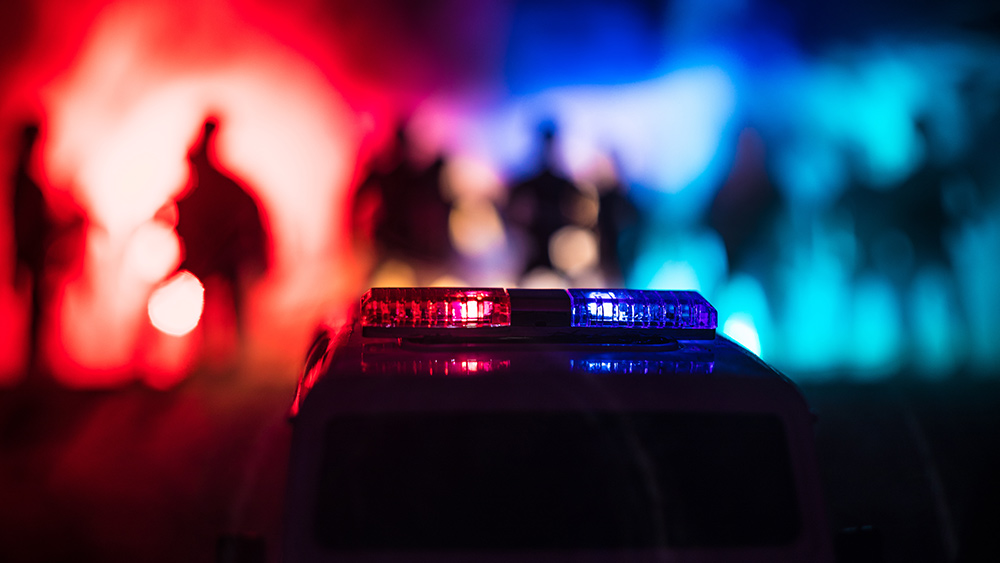Leaked email reveals CVS covered up fact that prescriptions were filled by an employee who tested positive for coronavirus
09/11/2020 / By Zoey Sky

If you’re sick or if you have a chronic health condition, you may not think twice about getting your prescription filled at the nearest pharmacy. However, according to a leaked email, a CVS district leader warned employees not to tell customers that their medications were filled by a worker who has tested positive for coronavirus (COVID-19).
A deadly secret?
Michael DeAngelis, CVS spokesperson, explained that it is not company policy to prohibit “pharmacies from informing patients if their prescription was filled when an employee who tested positive for COVID-19 worked in the pharmacy.”
But according to the internal email shared by a Georgia CVS technician, the district leader asked employees to track down the prescriptions filled by a COVID-19-positive employee so they could be pulled from store shelves. Shockingly, the email said that if a patient had already picked up one of those prescriptions, the standard policy was to “NOT make an outreach call.”
Customer safety at risk
The technician shared that CVS employees were threatened with disciplinary action or termination if they tried to inform customers that someone in the store tested positive for COVID-19. After the email was leaked, 14 CVS employees from throughout the country have contacted Business Insider to complain of CVS’s pattern of “bullying” staff and a tendency for “flagrantly disregarding the safety of both staff and customers.”
After their identities were confirmed, Business Insider granted anonymity to all sources over job-security concerns.
Unnamed staff revealed that CVS has ignored incidents of potential COVID-19 exposure.
Last August, DeAngelis told Business Insider that, per CVS’s policy, employees can report for work if they’ve been exposed to someone who tested positive. However, asymptomatic employees who didn’t test positive for COVID-19 can only work if they wear surgical masks, self-monitor for symptoms, and have their temperature taken before and after every shift for 14 days following exposure. (Related: The biggest lie of this coronavirus hoax is that the state cares about any of you.)
DeAngelis also said that employees can ask for time off to quarantine if they were exposed to a coworker who tested positive.
But after the Georgia technician’s coworker exhibited symptoms and tested positive for coronavirus, staff who’d worked closely proximity with the coworker were told not to get tested since CVS “couldn’t have anyone else out of work.”
Forcing employees to stay silent can make coronavirus spread faster
As the pandemic continues to spread across America, gag rules where employers forbid workers from speaking out about coronavirus cases are becoming common. Employees’ hands are tied, especially since no one wants to be punished or get fired for telling customers of suspected or confirmed coronavirus cases at work.
For the last few months, businesses across the country have been telling workers to remain quiet about potential and confirmed COVID-19 cases. Hundreds of U.S. employers in different industries warn workers not to share information about Covid-19 cases or even raise concerns about the virus.
In some cases, employers have retaliated against workers for speaking up, as revealed by workplace complaints filed with the National Labor Relations Board (NLRB) and the Occupational Safety and Health Administration (OSHA).
Employees at Amazon.com, Cargill, McDonald’s and Target report that their employers want them to stay quiet about coronavirus cases. Similar gag rules have prevented employees from General Electric, Smithfield Foods and Urban Outfitters from speaking up, suggests OSHA complaints.
According to an email, Delta Air Lines informed 25,000 flight attendants to “please refrain from notifying other crew members on your own” about any coronavirus symptoms or diagnoses.
At Recreational Equipment Inc. (REI), an employee texted to inform his colleagues that he tested positive. However, REI higher-ups told him “not to tell anybody” and “to not post or say anything on social media.”
Not surprisingly, Amazon, McDonald’s and Target deny the allegations. Several companies denied complaints from workers:
- Cargill Inc. was noncommittal, claiming it considers health information private.
- Delta claims it doesn’t punish workers for sharing diagnoses.
- General Electric Co. shared that it hasn’t threatened employees for discussing coronavirus-related concerns
- REI denies prohibiting employees from, or punishing them for, bringing up any concerns or talking about their health condition.
- According to Smithfield Foods Inc., its policy “is the opposite of the allegations in the complaint.”
- Urban Outfitters Inc. insists it encourages employees to report concerns and that OSHA hasn’t found any wrongdoing on its part.
One complaint reveals trailer manufacturer Great Dane LP has a “Don’t ask, don’t tell” policy.
Meanwhile, another complaint alleges that plastics company Jeans Extrusions Inc. instructed workers not to discuss infections because the company can’t afford to quarantine everyone.
Teachers are also bound by gag orders
Even teachers are receiving gag orders. By the end of July, when Florida prepared to go back to in-person classroom teaching, the school district in Jacksonville’s home county of Duval emailed a warning to employees.
According to the email, social media posts that may “reflect badly” on the district’s reputation “may lead to disciplinary actions.” The school district then backtracked, claiming that the email wasn’t sent to prevent employees from expressing views on reopening.
Most of the time, employees shared that higher-ups cite employee privacy to justify the gags, along with federal privacy laws like the Health Insurance Portability and Accountability Act of 1996. However, these laws don’t require companies to prohibit employees from discussing safety matters.
Rather, federal laws, like those that created OSHA and the NLRB, ensure that employees can communicate about and protest unfair or dangerous job conditions.
Yet federal bodies have failed to make companies heed the law. There are thousands of OSHA complaints about coronavirus safety issues that have yielded citations against only two companies, a health-care company and a nursing home, with a total of at least $47,000.
In a statement, the U.S. Department of Labor, OSHA’s parent, said that the “agency continues to field and respond to complaints, and will take the steps needed to address unsafe workplaces.”
The NLRB didn’t comment on the issue.
Profit over safety
Gag orders from employers may cause a surge in coronavirus infections, which can make the end of the year more dangerous than it might be. David Michaels, a public health researcher who ran OSHA under President Obama, said that workplace exposures are behind the majority of infections in many places.
Michaels, who is now a professor at George Washington University, advised that listening to employees instead of silencing them is key to effectively stopping the coronavirus pandemic.
Sources include:
Tagged Under: coronavirus, coronavirus crisis, coronavirus exposure, covid-19, customer safety, CVS, employee safety, infections, medications, outbreak, pandemic, Pharmacy, prescriptions, prevention, protective measures, public awareness, Public Health, superbugs, viral infection, virus transmission




















